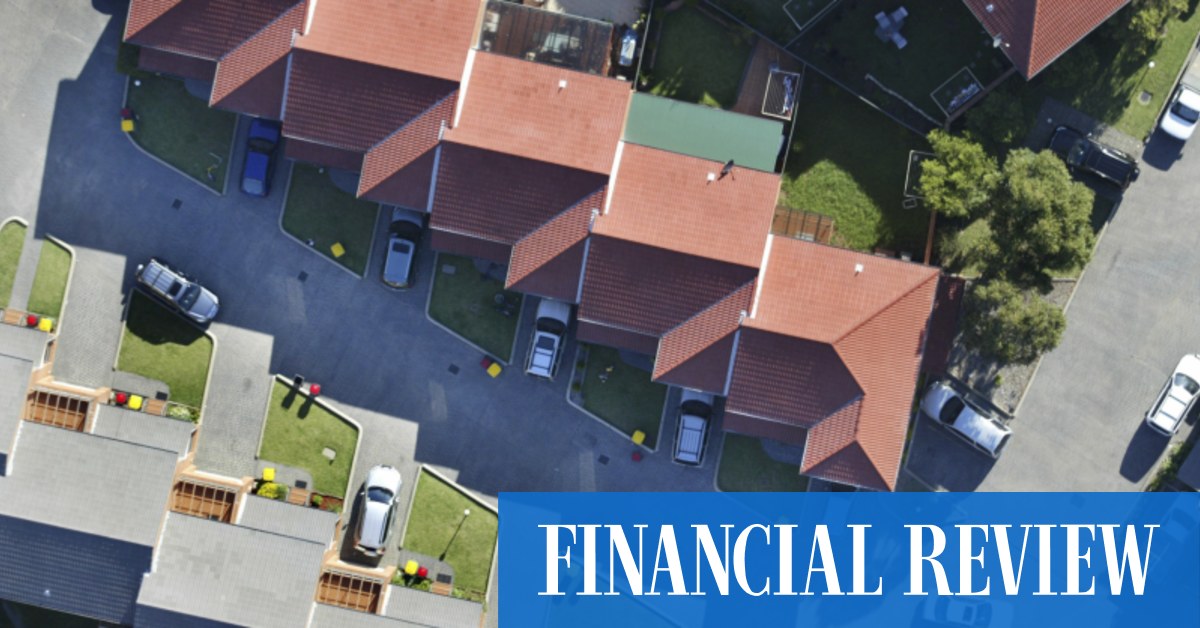In financial news the banks in Australia are now going to extreme ends to compete for mortgages. Targets in sight are not only new mortgages, which there are declining numbers of because of increasing interest payments and overblown property values, but also this year's existing fixed rate mortgages that are due to move to variable rate. To take advantage of the deals on offer, many mortgages that are less than a year old are being refinanced - to the tune of $19b per month.
Some of the deals include $10k cash back, 100k frequent flier points in an environment where banks are now prepared to finance mortgages at a loss to the bank to compete for market share.
The above comes after the Australian government announced a mortgage co-pay last year where the government offers to pay 25% deposit for the home loan and becomes in essence a co-owner of the property.
Given that some financial commentators say that we never really recovered from the global financial crisis in 2008 where mortgage foreclosures were at historic highs, that the economy has been artificially supported since then and projections that around 900,000 mortgages will foreclose this year most probably leaving many with residual debt including to the govt for the co-pay deposit, for many owning nothing is getting closer.

 www.afr.com
www.afr.com
Some of the deals include $10k cash back, 100k frequent flier points in an environment where banks are now prepared to finance mortgages at a loss to the bank to compete for market share.
The above comes after the Australian government announced a mortgage co-pay last year where the government offers to pay 25% deposit for the home loan and becomes in essence a co-owner of the property.
Given that some financial commentators say that we never really recovered from the global financial crisis in 2008 where mortgage foreclosures were at historic highs, that the economy has been artificially supported since then and projections that around 900,000 mortgages will foreclose this year most probably leaving many with residual debt including to the govt for the co-pay deposit, for many owning nothing is getting closer.
Banks fight for customers in ‘crazy’ home loan war
Almost 50 lenders are offering incentives ranging from three years of free NBN access to $10,000 in cash in an aggressive bid for market share.


 what the german forum members think of this video ?
what the german forum members think of this video ?










